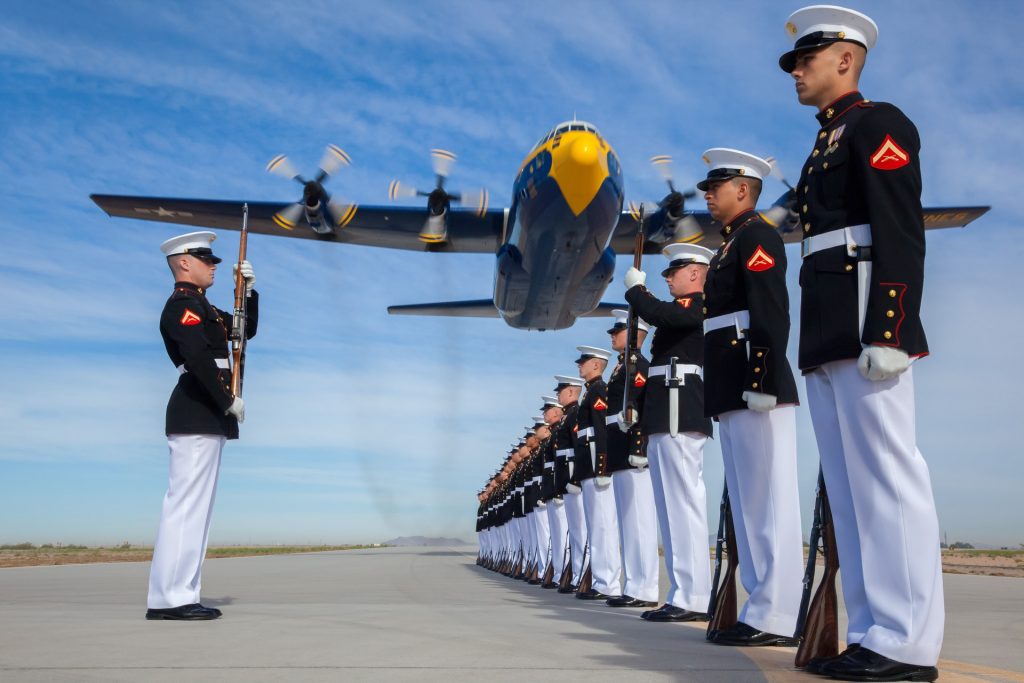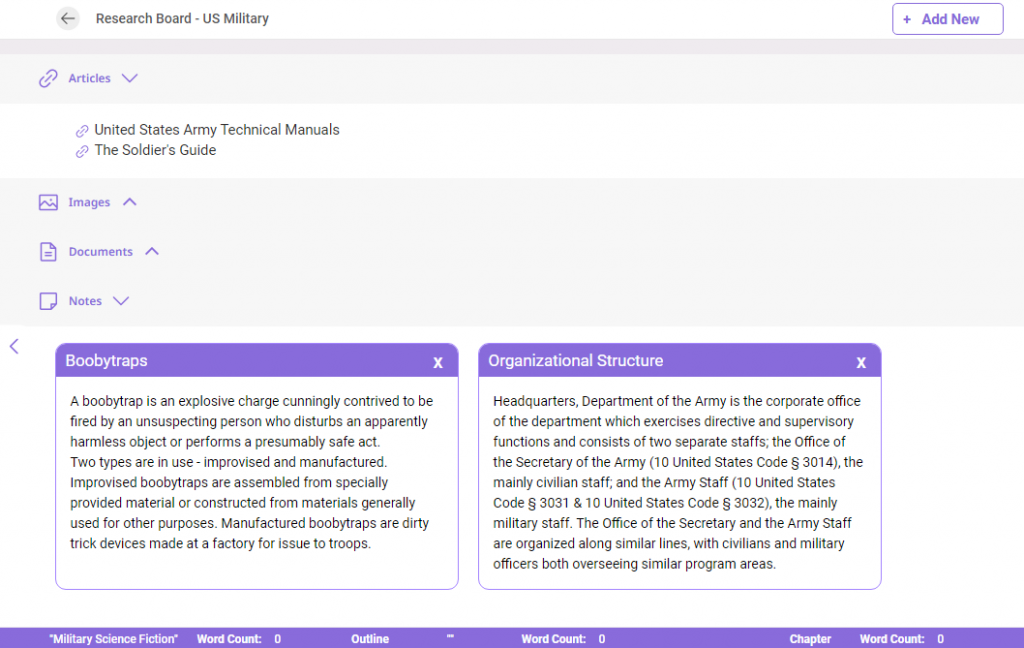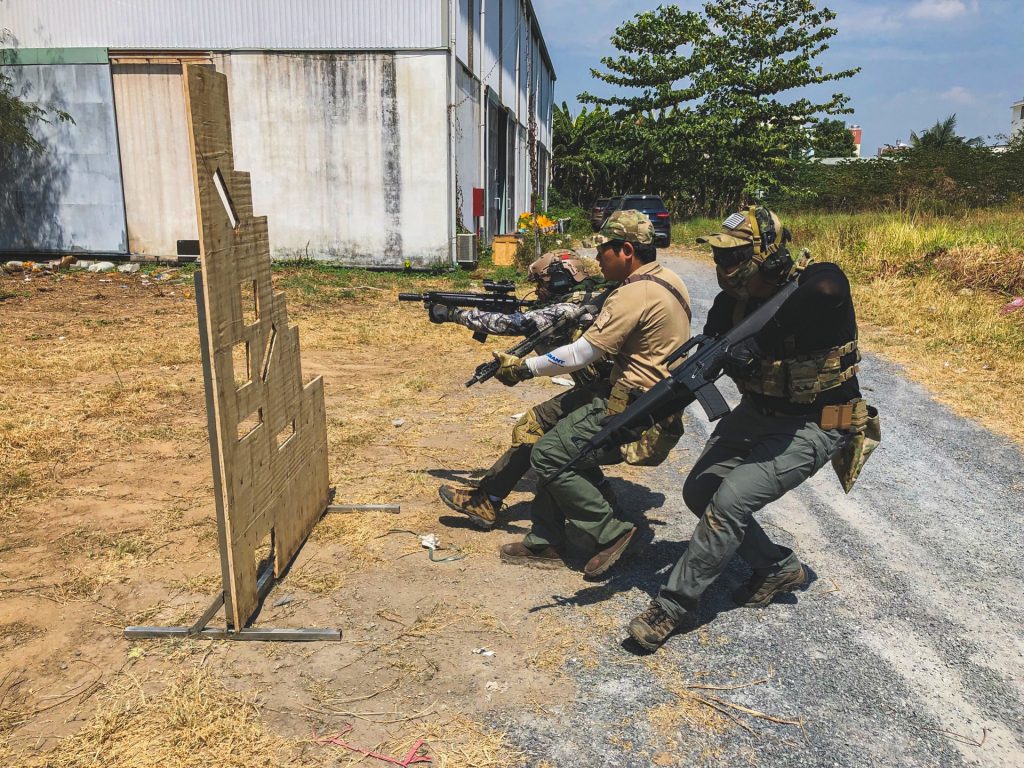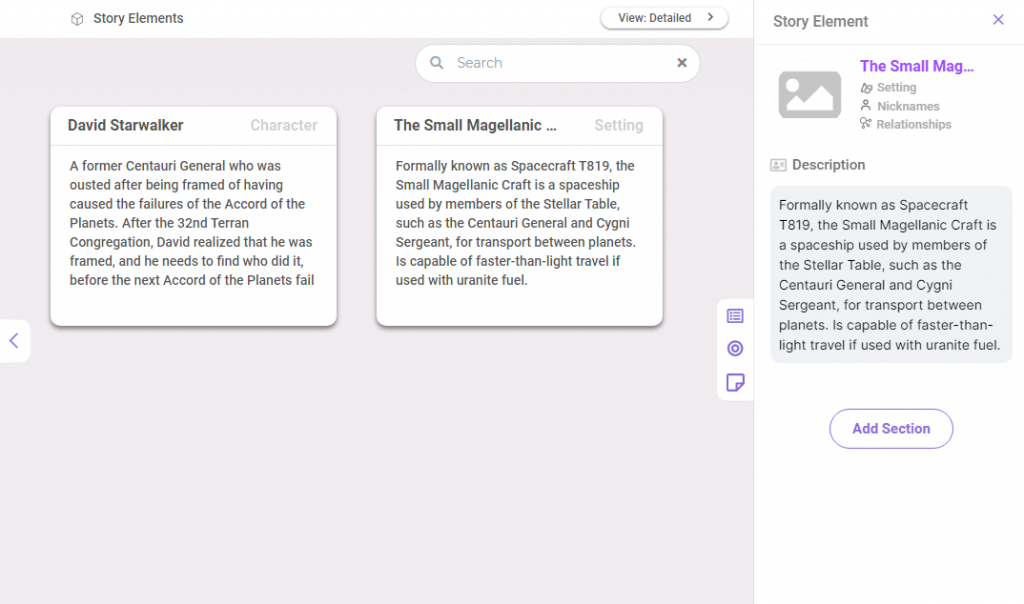Tips on Writing Military Science Fiction

Science fiction is a broad and vast genre, with many existing subgenres having their own passionate followings and niches. A fairly niche subgenre with a very popular movie equivalent, military science fiction is an action-packed subgenre which often deals with a very real aspect of human civilization and history: wars.

Yet, military science fiction is often more than just the nitty-gritty of wars, with all its gore and glory. More than anything, war is simply the exciting part, and not necessarily the important one.
To write books under the military science fiction subgenre, that is only one of many other considerations that you, a budding author, might want to take a look at. In this article, we’ll outline some more helpful tips to help you write great military science fiction that tick both sides of the genre. Plus, we’ll also throw in some helpful LivingWriter tips that can help your writer workflow greatly.
What is Military Science Fiction?
The genre often speaks for itself: a subgenre of science fiction infused with military elements. This means that your fictional world’s futuristic technologies are often used in military warfare, manifesting as laser guns and the like. Conflicts do not often occur in puny Terran soil, but rather in majestic battleships sailing across the vast empty of space.

You have to note that military science fiction has two sides of it: the science fiction and the military part. The science fiction part may seem easy enough, with interplanetary faster-than-light travel speeds. However, the military part grounds the subgenre by integrating a real part of human civilization into the mix.
The military part of the subgenre deals not just with cross-species or galactic space wars, but rather the human concept of civilization, and how humans (or at least our future counterparts) handle conflicts and law enforcement.
The very nature of military science fiction makes it a great field to write a commentary on the current plights regarding world conflicts. In fact, most novels under this subgenre are thought experiments that probe deep into ethical and moral issues, much more than most branches of science fiction.
If you have a great idea for a military science fiction novel, then we’ll help you flesh it out into an award-winning piece!
Tips for Writing Military Science Fiction
1. Build upon an interesting idea.
As stated above, many military science fiction novels are often built upon an interesting take on human conflict and civilization. For example, Orson Scott Card’s Ender’s Game’s premise revolves around having highly intelligent children as Earth’s line of defense against aliens.
Your interesting idea can also be a commentary on social events, like Larry Niven and Jerry Pournelle’s The Mote in God’s Eye, or even an autobiography of sorts, like Joe Haldeman’s The Forever War.

Because of the nature of the topics that most military science fiction novels deal with, such as the philosophy of conflict, and life and death, being able to approach them at unconventional angles will help create interest for your novel. This will also help create a solid foundation for your story plot.
2. Research thoroughly about the military aspect.
Military science fiction will always demand the presence of an organized group of entities obeying orders from a higher-up, following strict protocols on behavior and action. To be able to accurately portray your characters who are part of this organized group, you might need to take some notes from established military protocols and tactics in real life.

From military organizational hierarchy to battle jargon and even the proper handling of weapons, you want your futuristic army to be efficient and effective as military entities. You want to know who your main character is taking orders from, who they’re going to be working with, and the amount of freedom they have with their actions.
A special case needs to be considered especially for military jargon. Military vocabulary might surprise you to be larger than you initially thought. You do not want to misuse names of certain tactics, or improperly address an officer of higher rank. Learning them will always be part and parcel for military science fiction.
If you are not familiar with the military at all, you might want to consider focusing on one specific mission, such as the launch of homing missiles, and study the chain of command involved to execute this mission. This will give you an idea of how orders are sent and delivered from top to bottom. This will also help you understand the organizational hierarchy and the authority and power each level has.
If you need a great place to store your loads of notes about ancient and modern military tactics, there’s no need to look further than LivingWriter’s Research Board. The Research Board allows you to store notes in any format you have them in: image, link, document, or even just plain old text.

3. Design your protagonist-soldier like a soldier in real life.
In some sense, this is an extension of the previous tip. Part of your research will definitely be the behavior of soldiers during drills and actual combat. As military soldiers in real life are expected to exhibit certain traits, like loyalty and discipline, your protagonist-soldier should also manifest these characteristics.

Of course, strict loyalty and discipline are learned, so you might also want to sprinkle in some scenes where your protagonist engages in training that would cultivate these traits. These scenes are also great for establishing rapport between your main character and the secondary cast.
However, your protagonist-soldier, despite having pledged loyalty to a single flag, will still have their own thoughts and morals that may always not be aligned to the orders they’ll receive. Do not forget the humanity of your main character: give them their own motivations and struggles that may be separate from that of the nation they serve.
By understanding the moral compass that your main character has, you get to create interesting scenarios which place your protagonist into moral dilemmas at the heat of battle. This will enhance the complex personality profile of your main character, making them more compelling.
If you want a one-stop shop for all the details about your main character, then LivingWriter also has something in store for you. Story Elements allow you to keep notes about your characters, settings, and even objects that are important to the story. These notes can be exhaustive, so that you can write about them to your heart’s content.

What’s even more amazing is that Story Elements are integrated very well into your manuscript; mentioning a story element in the manuscript will pull up your notes about them into the sidebar, so that you don’t have to do any digging to remind yourself about that specific character.
4. Mix in the politics and war in appropriate doses.
Military science fiction might surprise you in the sense that most readers aren’t in it for the war and violence, but rather in all the background work where politics and strategies anticipate the flow of battle before it even occurs. However, you need to strike a balance between showing both.
War may not always be the focus of your novel, but it will almost always be the epic climax of your story. When that part comes, do not be afraid to get dirty. Portray war as the violent bloodshed that it is, yet do not fail to depict its effects on its participants. Your main character will not come out of that battle unchanged, so make sure to show how warfare transforms your character and the world they live in.

The typical command room scene will ever be par for the course in military science fiction, with a center table and hologramatic screens. This scene will often contain all the clever strategies and battle plans that we all love to see being explained, yet there’s no need for us to always come back to this place.
Take advantage of multiple points of views in revealing the strategies that you are going to employ in your novel. Having these points of views will also help the readers understand the reasoning behind certain choices that your characters made, giving them a holistic view of the situation that helps bring certain themes to light.
5. Let the science fiction side be in the background, for the most part.
You’ll notice that most of our tips revolve around the military aspect of the subgenre, and it is quite understandable why. Readers of military science fiction expect to see the military side front and center, yet that does not mean that you get to ignore the other side altogether.
The science fiction side will almost always be the setting for your epic military story, serving as a plot device to help deliver the themes of your story. However, you should still take note of basic science fiction tips, such as following basic world rules (e.g. how faster-than-light travel is done and who gets access to such privilege) and setting the background for your often non-human enemies. Advanced technologies should be properly explained, even with a very meager scientific explanation, rather than being chalked up to being just “advanced technology.”
Science fiction might not be the focus of military science fiction, but readers will still expect your characters to fight against hyper-intelligent aliens inside spaceships powered by (insert-fictional-ore-here).
Write The Next Best Military Space Opera with LivingWriter
Military science fiction is different from other subgenres of science fiction in which science fiction actually takes the backseat while the military aspect drives everything forward, from plot to characterization. This can be a bit of a challenge if you’re not familiar with the military, but we hope that these tips will help you write the next best military space opera.
Of course, don’t forget about the best writing companion, LivingWriter! With many features designed with the writer, you, in mind, LivingWriter can make writing military science fiction a breeze. Try LivingWriter now!